Attendee’s Guide to Affinity Groups in NLP
For NAACL 2021, the D&I committee has taken several steps to strengthen the presence and bolster visibility of affinity groups in NLP. We intend this guide to be a primer for those who have not heard about them or are interested in better supporting their efforts.
What is an Affinity Group?
An affinity group is a collective of researchers formed around a shared interest or common goal.
For example, they might be comprised of individuals from specific protected categories or are from traditionally underrepresented geographic regions. In our community, affinity groups promote and support ideas and voices of underrepresented groups and raise awareness of issues that affect their members.
What Kind of Events do Affinity Group Offer at Conferences?
Affinity groups organize social events for their members at conferences, which the D&I committee provides support for. NAACL 2021 will additionally feature several D&I panels where affinity groups members will participate towards the shared goal for supporting diversity, equality and inclusion for all.
What Can NAACL Attendees do to Support Affinity Groups?
- Participate - Actively attending and participating in panels and sessions for discussions about issues that are relevant to the affinity groups goes a long way in helping promote their cause. We request all members of our community to participate actively!
- Sponsor, Volunteer or Recruit - Affinity groups are always looking for help with sponsorship, volunteering and recruitment. Help with sponsorship, volunteer your time, and help recruitment efforts to keep the momentum going!
Our Senior Chair Pranav reached out to organizers of affinity groups to discuss foundation and future vision on these affinity groups. Read along:
Black in AI
Salomey Osei (Core Organizer of Black in NLP)
Mírian Silva (Core Organizer of Black in NLP)
Foutse Yuehgoh (Core Organizer of Black in NLP)
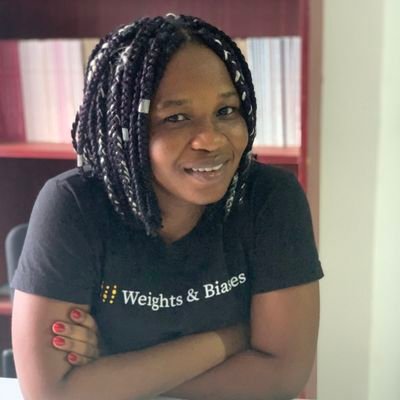
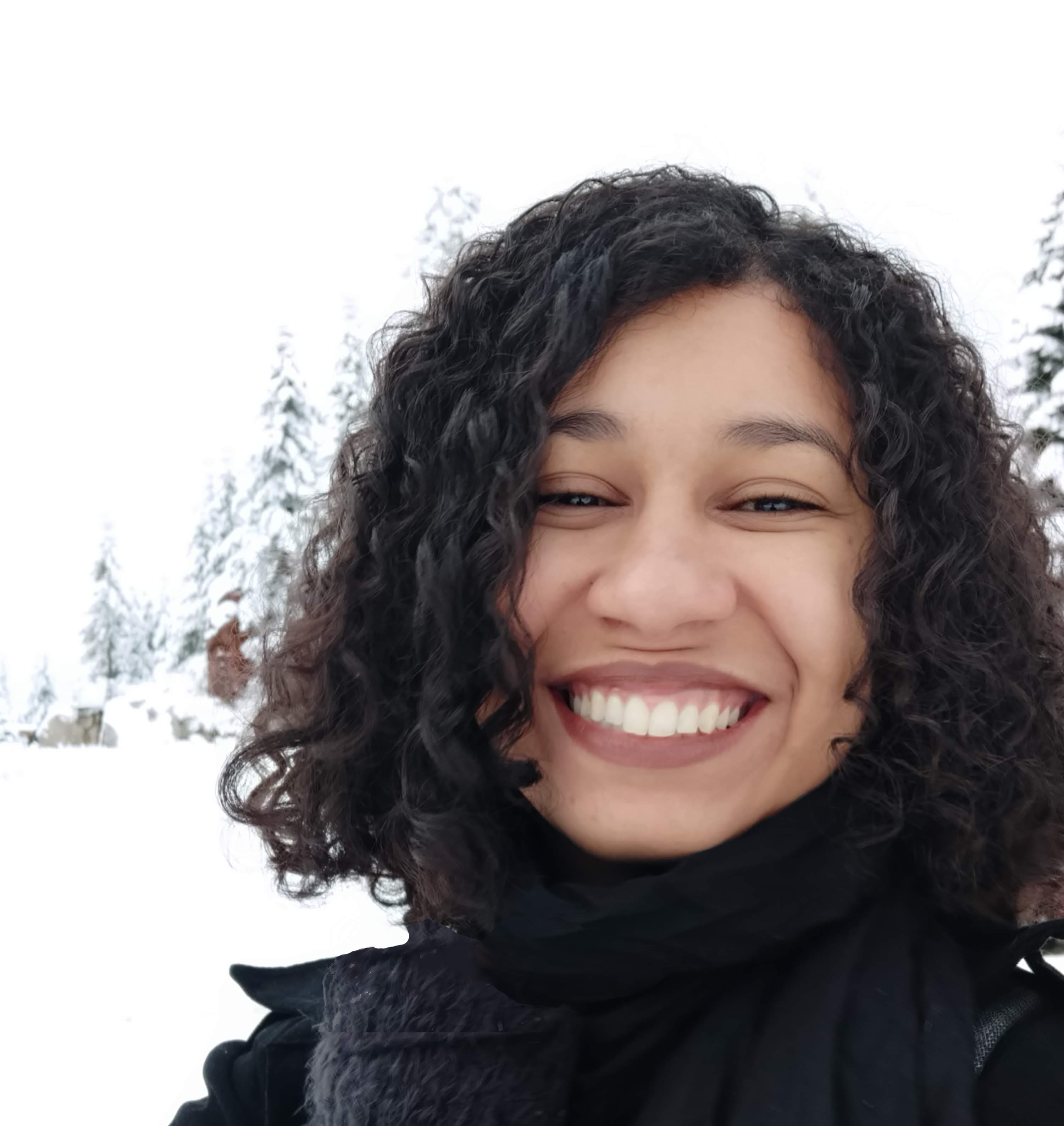
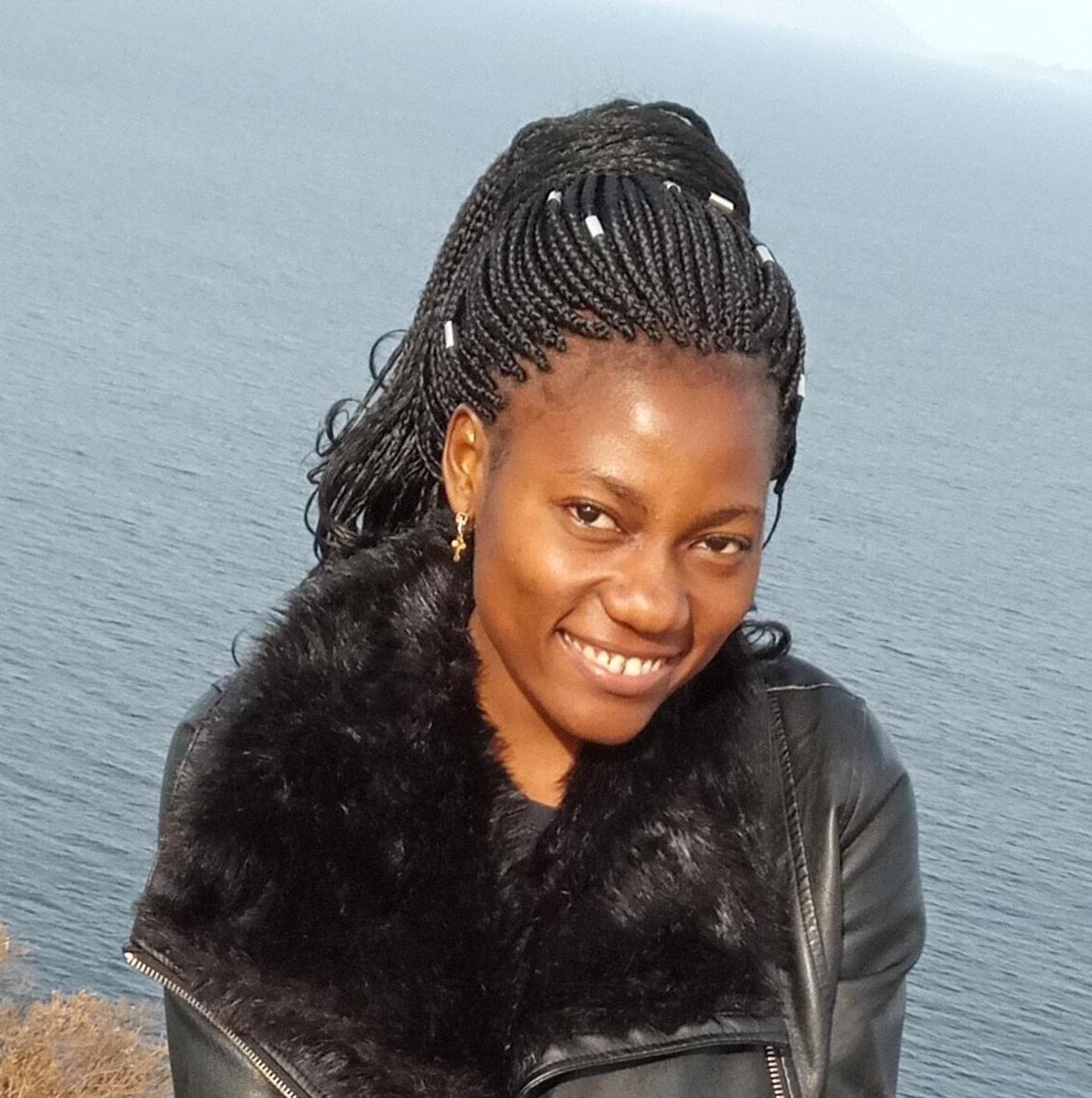
Black in AI increases the presence and inclusion of Black people in the field of AI by creating space for sharing ideas, fostering collaborations, mentorship and advocacy. We’re addressing the diversity crisis in AI. Black in AI was founded to challenge the status quo.
Be part of something bigger than yourself. By relating and connecting with one another, we justify and normalize our presence in the field, supporting each other by celebrating successes as well as providing support during setbacks.
“Black in AI made it possible for me to attend the NeurIPS conference, they gave me the opportunity to interact with the AI community, grow my knowledge in AI and also enhance my confidence in this exciting field. After the conference, I looked for opportunities and ways to give back to the community that gave me a first feel of how an international conference looked like, hence I applied to be a volunteer organiser.
Black in AI has introduced several programs to help the Black community in AI, including the recent Graduate programme, my aim is to rise higher in my field of interest to be able to support knowledge-wise and financially.
For people like me, I think volunteering is the main thing that can be done. For others who can do more, supporting financially or by mentoring students from the Black in AI community will go a long way to help (in my opinion).” - Salomey Osei.
“Black in AI is a community that has helped me feel welcome within the AI environment. Where I found references and inspirations. Today I voluntarily try to give back everything that the community has been providing me. I hope that more black people will come to join us, collaborate with our community and feel welcomed to work with AI.” - Mírian Silva
Black in AI will be organizing socials and panels at NAACL 2021. To support them, join their socials and help them to recruit.
Widening NLP
Isabelle Augenstein (Co-founder of WiNLP)
Erika Varis (Chair of WiNLP)
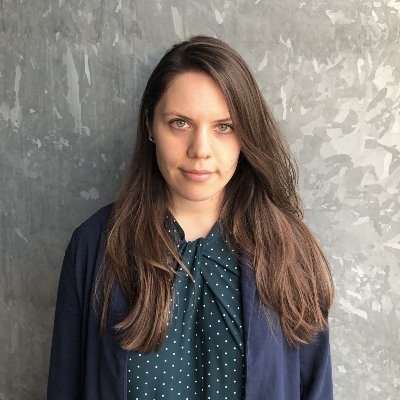

Why WiNLP began: WiNLP started as a general cohort building, to form networks of like-minded people. We want to find the right vectors of support for more and different groups within CL. One size does not fit all when it comes to diversity and support. We wanted to create a space that would be welcoming and supportive for all groups, particularly those that typically don’t get to see themselves represented as often or well in the larger CL community. We started out with a focus on women, but quickly expanded to include linguists, non-European regions, non-white ethnicities, religious groups, LGBTQ folks, and many others.
Future of WiNLP: In the coming years, we would like WiNLP to provide intersectional spaces of welcome, maybe with slightly different foci depending on the hosting conference, to be able to provide the right support for the right audience.
How to help WiNLP: Volunteer and sponsor! Reach out to an organizer to say you want to be on the organizing committee next year; volunteer to help run things on the day of as an extra pair of hands; share the calls for papers and other WiNLP events; encourage your students and labs to submit and attend our workshops; sign up as a mentor. Follow WiNLP’s goals outside the workshop itself — better representation of underrepresented minorities in panel discussions, for invited talks, ACL fellowships, etc.
WiNLP will be organizing panels at NAACL 2021, ACL 2021, and our main workshop at EMNLP 2021. Submit your papers to participate.
Masakhane
Jade Abbott (Co-founder of Masakhane)

Why Masakhane started: We founded Masakhane because - when trying to do research in African languages (was machine translation specifically), we kept hitting walls - data sources sitting with european researchers we couldn’t access, papers behind paywalls, no code to reproduce any arbitrary BLEU scores, terribly aligned data data. And when we attended ACL last year, my co-author and I found a total of 6 researchers from Africa and 5 of them were published at WiNLP.
Future plans of Masakhane: Here are the some of the long term and short term plans that we are thinking of:
- A distributed independent research lab which supports research fellowships and interns from across the continent
- A startup incubator where we can assist Masakhane researchers in productizing their work through funding and VC connections
- A firm of African NLP specialists that can consult with African corporations to bring them African-centric NLP tools.
How you can help Masakhane: Collaborate with Masakhane-ans. Come hang out on slack and answer questions when they arise, connect people when you know them. Help Masakhane-ans proofread their papers, or PhD proposals. Connect Masakhane with funding opportunities (e.g. sponsoring attendance of conferences).
Masakhane will be organizing socials at NAACL 2021. You all are invited to collaborate, network and recruit the Masakhane researchers.
LatinX in AI
Luciana Benotti (Core Organizer of LatinX in NLP)
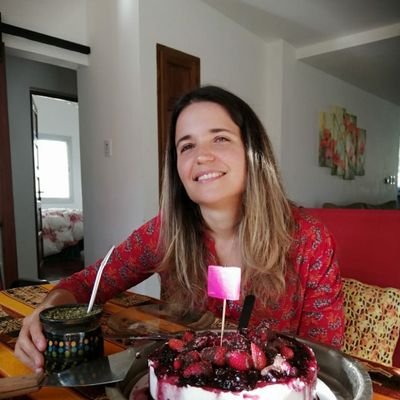
I want to help my latinamerican fellow researchers and students get exposure in the international AI community. I see a gap in the geographic distribution of AI researchers. I would like to promote a more diverse AI.
I would like to see regular LXAI events at AI and NLP conferences organized by volunteers at the community. It would be nice to have a board of researchers and students from different latinamerican countries that do this on a rolling basis.
LXAI would benefit from understanding challenges from other people that strive towards promoting different kinds of diversities for AI. It would also be useful to understand how AI affects other minorities.
LatinX in AI will be organizing socials and recruiting sessions at NAACL 2021. You all are invited to network with the LatinX researchers.
Queer in AI
Sabine Weber (Core Organizer of Queer in NLP)
William Agnew (Co-founder of Queer in AI)


Why Queer in AI started: Artificial intelligence (AI) is driving the evolution of our society, while the support of queer people in AI is still largely lacking. Cultures of de facto “don’t ask, don’t tell” and explicit and implicit ostracism discourage young queer people from joining this important field and also leave existing queer scientists in AI/ML in painful and lonely situations. At the same time queer people are disproportionally targeted by AI driven technologies like ‘gender detection’ and content moderation tools that censor queer language and imagery while turning a blind eye to anti-queer hatespeech. Queer in AI stands at this important intersection, representing the interests of the LGBTQ+ community in AI.
Future plans of Queer in AI: Queer in AI’s future is uplifting and empowering the most marginalized members of our community - women and non-binary people, trans people, Black and PoC, non-Western communities. This must be reflected not just in what we do, but how our organization is structured and who is in leadership roles. We’re excited to bring people from all corners of our community together at our events and continue to build out our direct aid programs like covering conference attendance fees, providing mentorship and guidance and supporting people in their grad school applications.
How you can help Queer in AI: Volunteer with us! We have many different roles like helping with conference socials, mentoring people through grad school applications or curating our twitter account and youtube channel. We’re especially looking for people to help with finance and sponsorship, and help organize our presence at future NLP conferences.
QueerInAI will be organizing socials and mentoring programs at NAACL 2021 and workshop at ICML 2021. Submit your papers to participate.
